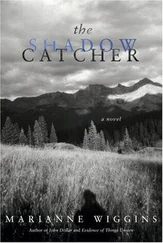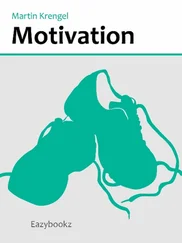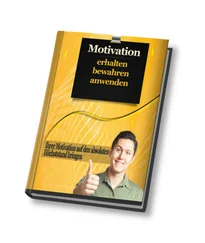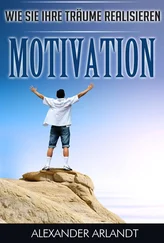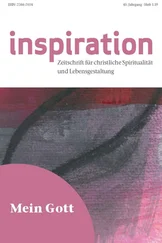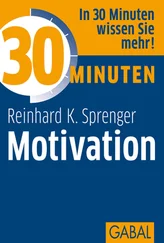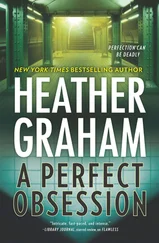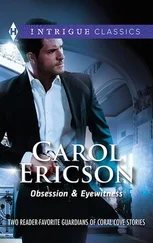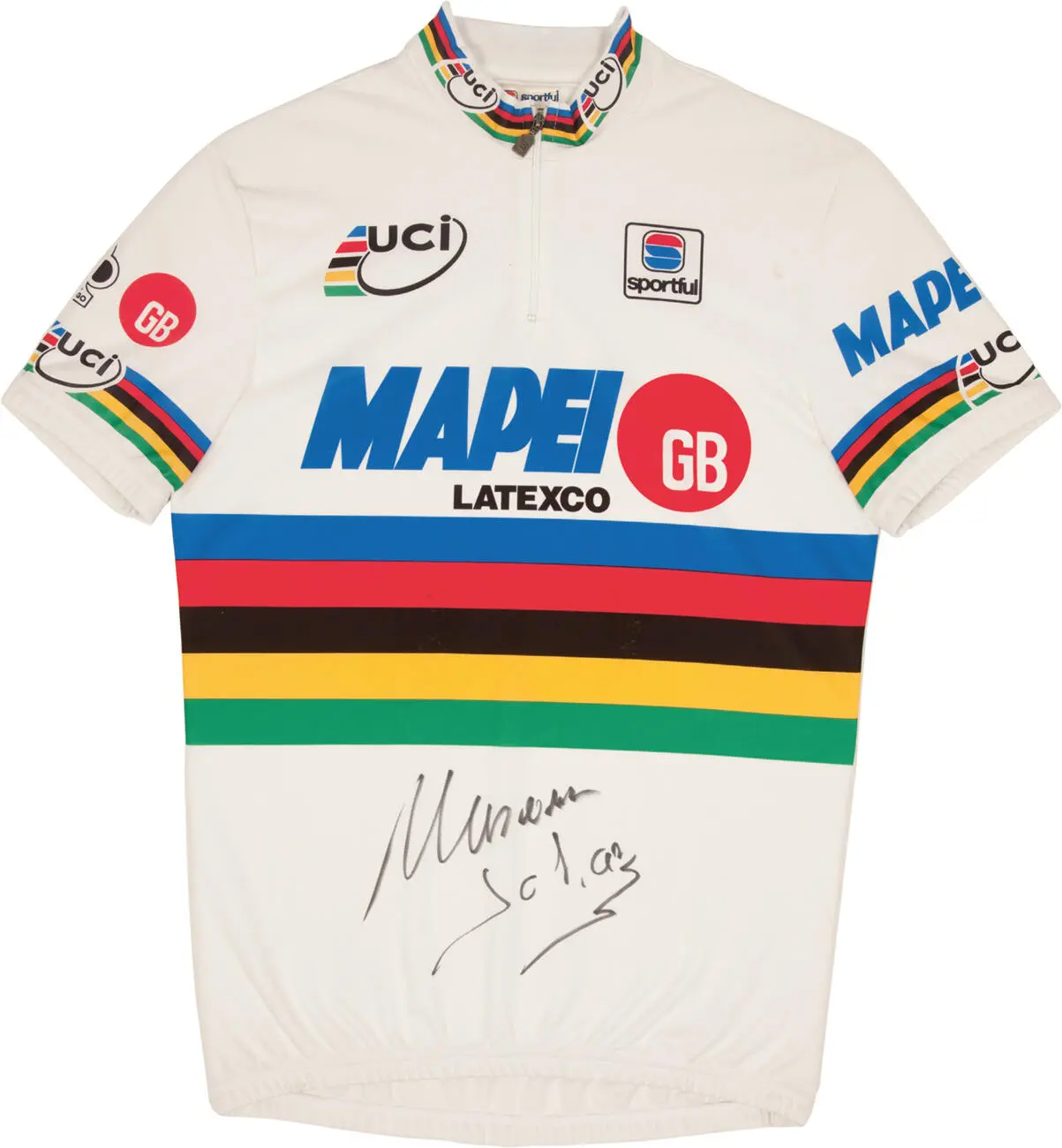
1996 world champion’s jersey
The first time I raced against Johan would have been the 2002 Tour of Flanders. Actually, no, strike that. Technically I was taking part in the same race as Johan Museeuw, but I wasn’t racing against him as such. He was in a different stratosphere as a bike rider, and my abiding memory of that race is thinking, ‘Hang on a minute. That’s Johan Museeuw and I’m doing the same race as him!’ Beyond that I just remember the size of a) his calves and b) the gear he was able to turn.
There was a big fight to get to the Molenberg in front, and I think it was there that my education as a professional road cyclist began in earnest. People were just pushing me out of their wheels all the time, and I didn’t have the fight in me to do anything about it. If one of them asked me what I was doing or tried to shunt me into the gutter, I’d find myself apologising to them , in essence just capitulating. I was there, but I never felt like I’d earned the right to be there.
The Wednesday after Flanders it was Gent–Wevelgem. It was quite windy that day, and I decided not to allow myself to be pushed around. One of my jobs was to make sure I took my team-mates up to the front before the Kemmelberg, and I was determined I’d accomplish it. The Acqua & Sapone team were there, and their leader was Mario Cipollini, a big, macho, alpha-male Tuscan. He’d won San Remo and was favourite for the race. So I checked that my team-mates were on the wheel, and started making my way up the side of the road. Eventually I came up alongside the Italians, by now feeling quite good about myself because I felt I was doing the job that I was asked to do. The problem was that Cipollini was looking across at me with something approaching total contempt. Unbeknownst to me my colleagues had just sat up, and like a dick I’d ridden to the front of Gent–Wevelgem on my own. Cipo obviously assumed I was French – I had a Française des Jeux jersey on – and he turned to the rest of his team and said something along the lines of, ‘Look at this French wanker!’
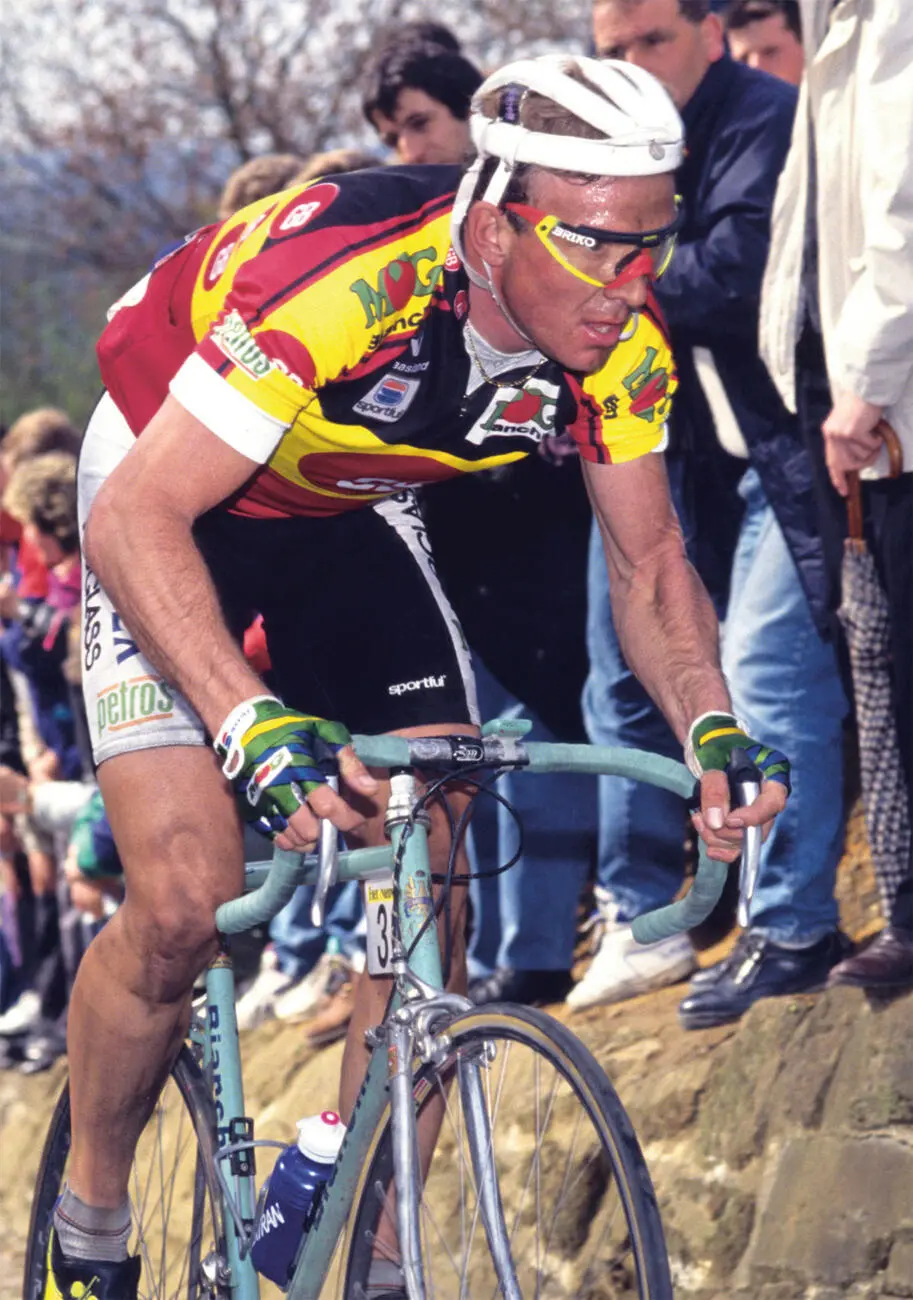
Museeuw in the 1993 Tour of Flanders, his first win in the race.
I’d thought I was being a real pro, but now these Italians were laughing at me, quite literally. I had to creep back to my place at the back of the group, and I felt like a wimpering dog. Then we hit a crosswind, then I went out the back, and then I climbed off at the first feed. It was pretty embarrassing, to say the least. Cipo could make you feel really small. I hated him for that at the time, but cycling was much more hierarchical back then. People like me didn’t dare go near people like him and Museeuw, because you had to serve your apprenticeship first. The idea that I might try to converse with them never even occurred to me, and I reasoned that Museeuw wouldn’t have known who I was anyway. I was a nobody, and he was far too busy trying to win the bike races I was nominally competing in. He retired in 2004, blissfully unaware of the fact that he’d been my boyhood idol. How, realistically, could it have been otherwise, given that I hadn’t managed to utter a word to him?
You live and learn, and eventually I got pretty good at it. I had a long career, and towards the end of it I began a sort of sentimental journey. In the spring of 2015 I was doing an interview with the Belgian press. I was about to take part in my final Tour of Flanders, and they asked me about my cycling upbringing. I started telling them the story of how Museeuw’s 1993 Flanders had been the first race I’d really watched, and it got back to him. He speaks some English, and he sent me a message on Instagram. It was something like, ‘Good luck and thanks for what you said about me.’ I replied, and he told me that his 15-year-old son, Stefano, was a big fan of mine. He then asked if it would be OK for them to come and meet me before Paris–Roubaix, and I said that yes, of course it would.
Then I started to panic, because Johan Museeuw was coming to meet me.
So next thing I was having a massage after a training ride, and Servais Knaven, our DS, came up. He said, ‘Johan’s downstairs in the lobby waiting for you.’ He was early, but I started panicking because I was keeping the great Johan Museeuw waiting. I asked Servais, ‘What am I supposed to say to him?’ Servais thought that was quite funny. He said, ‘How should I know? Just talk to him! He’s only human!’
Eventually I went down, and I was that teenager all over again. I was basically 16, but by now Johan was almost 50. He has this gentle, soft, fairly high-pitched voice anyway, and in some way he seemed almost the opposite of the ferocious rider he’d once been. When I asked him about Roubaix he gave me the usual ‘Stay near the front and don’t forget to eat’ advice. It was exactly the same advice that cyclists have been giving one another for 100 years, because staying near the front is quite important if you want to win a bike race. The difference was that the advice came from Johan Museeuw, so it was – and is – worth its weight in gold.
I had one of my rainbow jerseys with me that day. I’d ridden De Panne a few days earlier, and there’d been a time trial. I got the jersey out, signed it and gave it to Stefano. Then Johan opened up his bag and pulled out a jersey of the same design as the one he’d worn to win the 1993 Tour of Flanders, the Belgian tricolour. He said he wanted to give it to me, which as you can imagine was pretty humbling. He also pulled out one of his famous bandanas and signed it, ‘To Wiggo, Cheers. The Lion of Flanders.’ Then for some reason he gave me a load of cans of beer, as you do. They’re a little bit mad, the Flemish.
It had only taken me 22 years, but I’d got there in the end. I’d finally had the courage to meet Johan, and he’s a mate now. However, the fact that he’s a mortal, and vulnerable like the rest of us, doesn’t in any way diminish the bike rider he once was. It’s true that he wasn’t much for talking back then, but he’d bike races to win and he was under a colossal amount of pressure. He was the torchbearer for Flemish cycling, and that’s one hell of a weight to have to bear.
I keep telling him I’ll go over and ride the cobblestones with him some time. I’ll probably get round to it eventually, but then again maybe not. Time rolls on, but I’m still not sure I’m worthy. I may have won the Tour de France, but he’s still Johan Museeuw.
Still the Lion of Flanders.
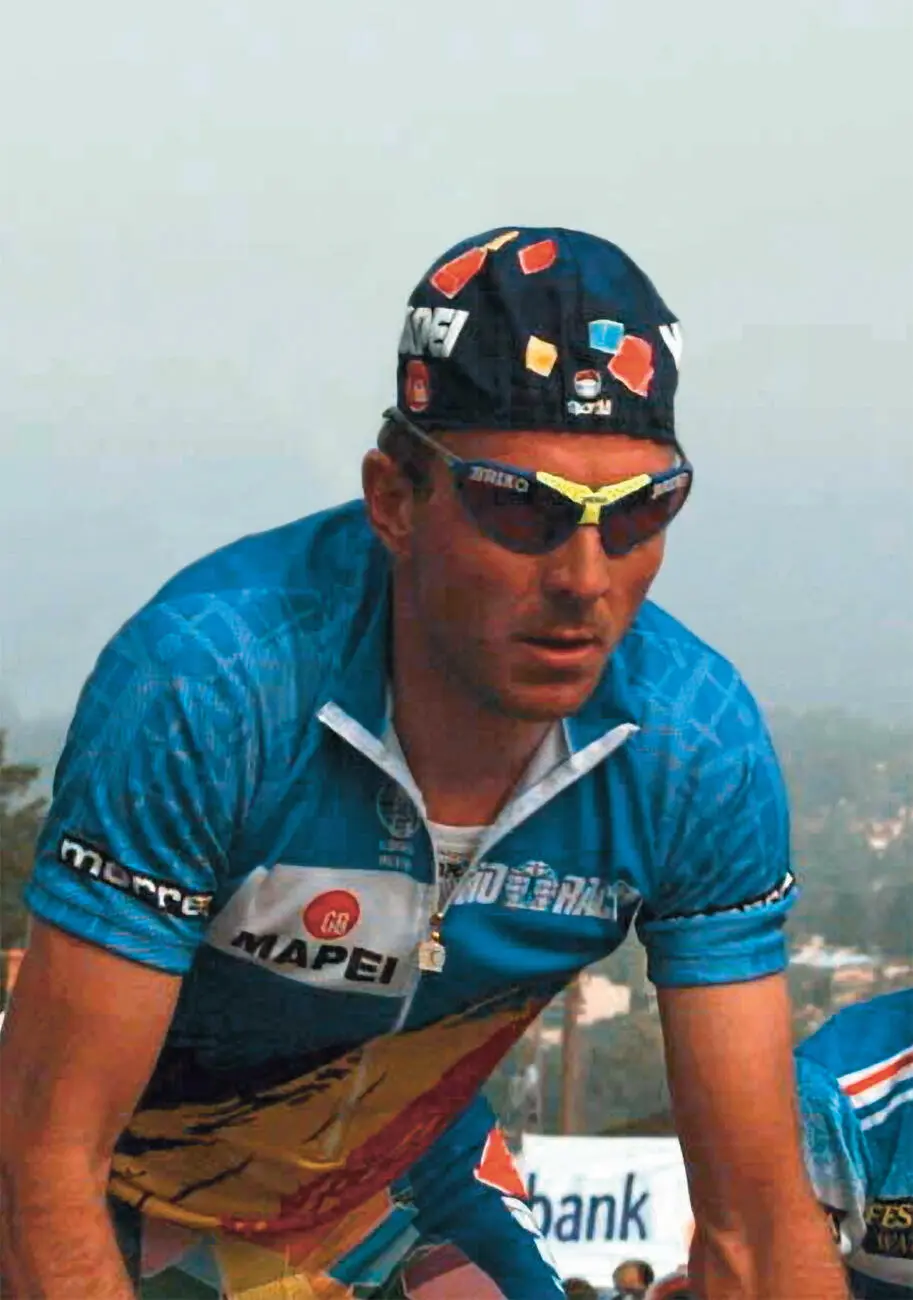
Museeuw winning the World Championships, 1996.
Конец ознакомительного фрагмента.
Текст предоставлен ООО «ЛитРес».
Прочитайте эту книгу целиком, купив полную легальную версию на ЛитРес.
Безопасно оплатить книгу можно банковской картой Visa, MasterCard, Maestro, со счета мобильного телефона, с платежного терминала, в салоне МТС или Связной, через PayPal, WebMoney, Яндекс.Деньги, QIWI Кошелек, бонусными картами или другим удобным Вам способом.



